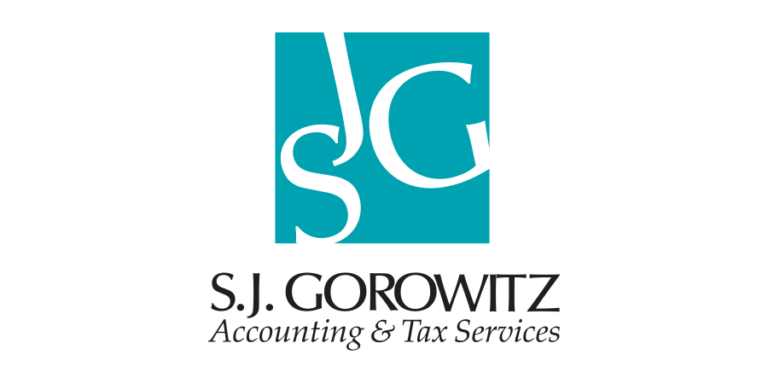
I get a lot of questions this time of year. They come from clients, from friends, from the cleaning crew at the office, and from my mechanic. I don’t mind; I actually enjoy what I do and consider educating the taxpaying public part of my job. I get excited when I get to talk about tax law over dinner with friends. However, it still amazes me to see the tax myths that just won’t die. If I could create a public service announcement, I would tell people that:
1) Most taxpayers will get synergy and tax savings by having one appropriately qualified CPA prepare both their individual and business returns. Many people are under the impression that to spread risk and save costs they should have different preparers handle personal and businesses tax returns. This can’t be further from the truth. The proper professional will help you with tax planning for your entire financial picture – not just pieces of it. Most small businesses are flow-through entities, which means that although an information return for the business is filed, the businesses profits are actually taxed on the owner’s individual return. Therefore, the best tax planning is accomplished by understanding and working with the total tax picture.
2) Your tax preparer represents you – not the IRS! So often I meet people who assume an adversarial relationship with the person preparing the return; they assume it is in their best interest to keep information as close to the chest as possible. In reality, it’s exactly the opposite! Tax preparers can’t help you if they don’t have all the facts. You should give them the tools and information to do their job. If I don’t have all the facts I can’t give you tax projections, I can’t give you savings strategies and I can’t be your advocate. Legitimate tax preparers definitely have ethical rules and laws they must follow to stay within the tax law. However, we do not represent the IRS and we generally do not report our clients. Instead, on the rare occasion we come across a situation that we don’t feel comfortable with, we disengage the client.
3) The tax return is not an income generating document; it is an accounting of activity that has already happened. The tax return interprets what has already happened – it shouldn’t create something. So when your preparer asks you about a number or the facts of a transaction, the preparer needs to know what actually happened, so she can advise you on the best tax answer.
4) There is a no legal way to not pay taxes. My favorite quote, “I’m not trying to do anything illegal or anything, but I’m not going to pay taxes.” Yes, this is an oxymoron; clearly this wasn’t a good client fit. Of course there are people who make money and don’t pay taxes – that doesn’t mean they’re doing it legally. Tax law is very complex, so there are plenty of ways to get taxed at lower rates, to not pay taxes in certain years, etc. And unfortunately, it’s also true that there are taxpayers and tax preparers who just haven’t gotten caught yet. The truth is that the only way to legally not pay taxes is to not make money. Tax firms often hear, “But my friend said he made $XXXX and didn’t pay any taxes….” Your activities are different from your friend’s, so don’t expect the tax advice that’s right for your friend to be appropriate for you. There is very little generic tax advice; the correct strategy depends on your specific facts.
5) CPAs don’t know everything about the tax law. Although tax professionals do generally know a lot more than the public, the IRS tax code has over 3million words and this doesn’t include the supporting explanations of tax law. The best tax preparers will on occasion say, “I don’t know, but I’ll find out and advise you or I’ll refer you to someone who does.” Tax law is complicated; it has grey areas, and it changes each year. You want a tax preparer who invests time in thinking about and researching your questions. Everyone agrees you shouldn’t pay more taxes than you’re legally obligated to pay. But what are you legally obligated to pay? Give a CPA, an IRS Representative and a tax attorney the same set of facts and they very well may have different answers.
After offering my public service message, I hope that these tax reality checks help people have a better understanding of how to navigate the necessary evil called taxes. And even though we all want to pay the smallest amount of taxes necessary, as a CPA who specializes in taxation, I am convinced the world would be a better place if people quit taking tax advice from movies and TV; take the right steps to find the right professional
























